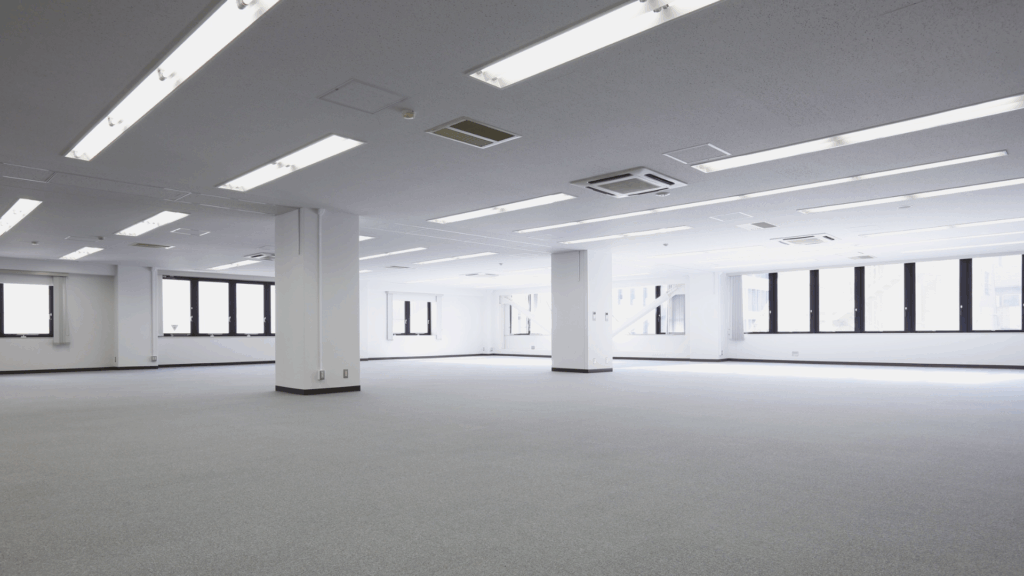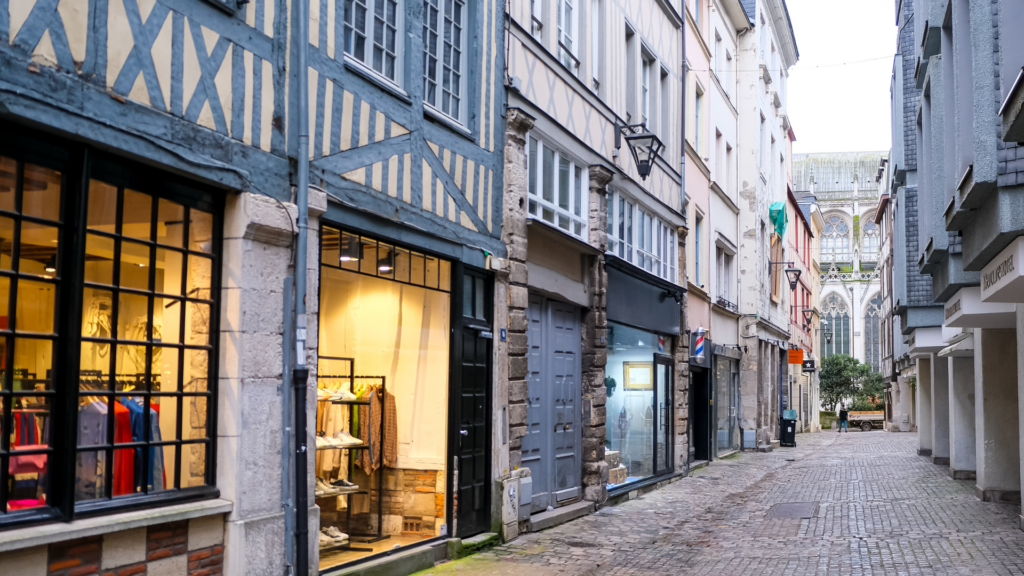How To Get 100% Commercial Mortgage For Your Business?
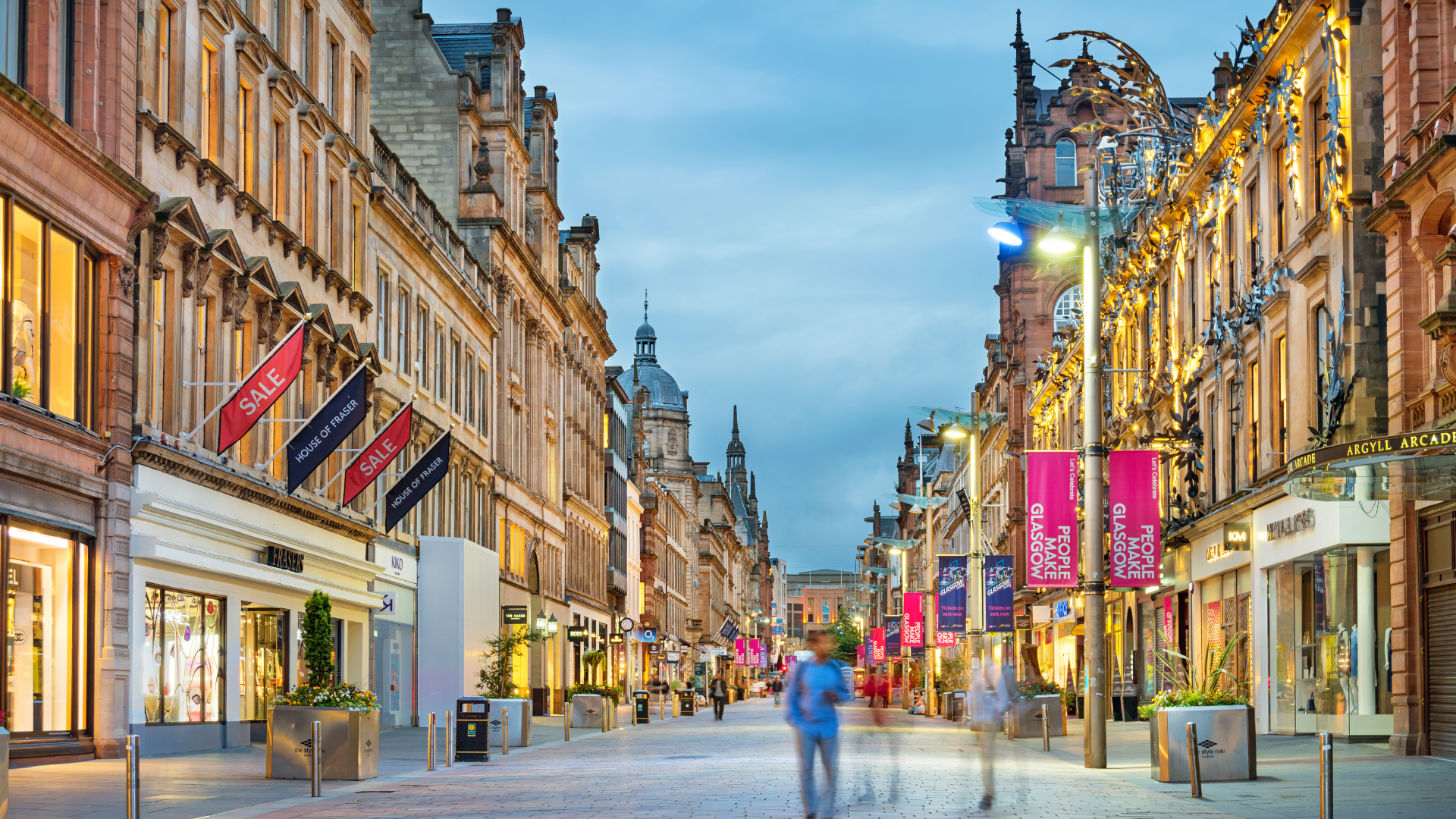
As a smart business owner, you know it’s key to keep your cash flow strong.
But, when it’s time to grow and you’re thinking about using your saved cash for a property deposit, it might not feel right. Especially if that money could be doing more for your business elsewhere.
That’s where 100% commercial mortgages come in handy. They let you hold onto your cash while still getting the property you need.
This guide will take you through how to make the most of this option, helping your business expand without messing with your cash flow.
What are 100% Commercial Mortgages?
A 100% commercial mortgage is a loan that lets you buy a property for your business without needing a deposit. Normally, lenders give loans that cover part of a property’s cost.
There are two main types.
If you buy a property to use for your own business, it’s called “owner-occupied.” If you buy it to rent out and make money, that’s a “commercial investment” property.
Both types can get a 100% mortgage.
However, if you can’t offer extra security, most lenders usually offer 75% to 80% of the property’s value.
Note that these loans are seen as very risky. That’s why most lenders may ask for higher interest rates and any asset you own as collateral.
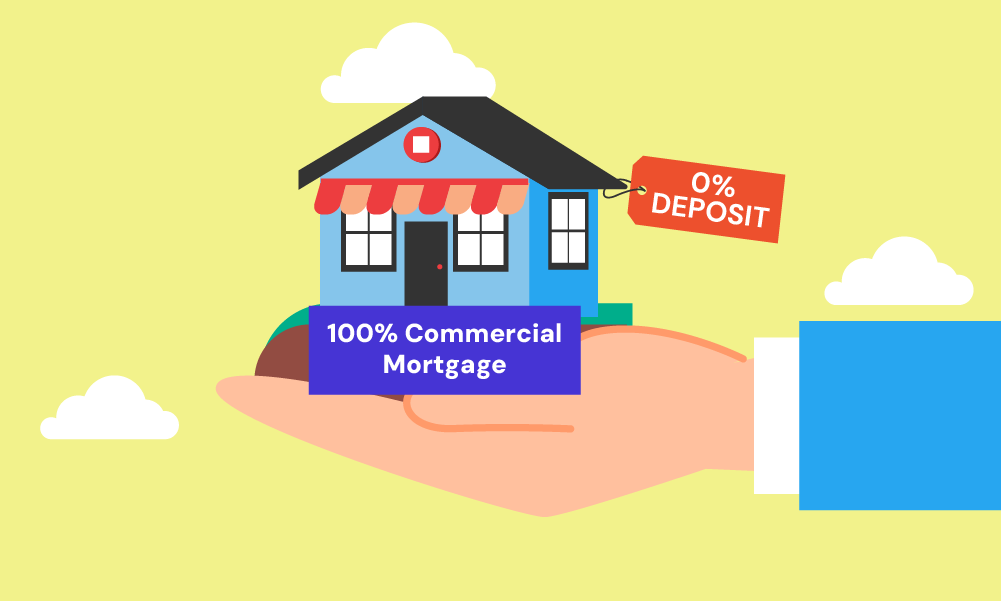
Before you go all in, think twice. Carefully consider if this loan is the right choice for you. Remember, if you can’t repay the loan, you risk losing the secured property.
How To Qualify for a 100% Commercial Mortgage?
To qualify for a 100% commercial mortgage, you need to meet some key criteria:
Strong Credit History
Your credit score suggests you’re reliable and can manage loans well.
While some issues on your credit history may be acceptable, a stronger score increases your chances of approval.
Solid Business Financials
Lenders need to see that your business is profitable and financially stable.
You’ll likely need to provide detailed financial statements, including profit and loss accounts, balance sheets, and cash flow forecasts. These documents show lenders that your business has the capacity to repay the loan.
Experience in Your Industry
Having a track record of success in your industry can be a significant advantage.
Lenders view experienced business owners as less risky, believing they’re more capable of navigating the ups and downs of business operations.
Comprehensive Business Plan
A well-thought-out business plan is important, especially for 100% financing.
Your plan should outline your business strategy, market analysis, competitive landscape, and financial projections. This should give lenders confidence in your ability to grow your business and repay your mortgage.
in short, this plan should detail how you’ll use the mortgage to grow your business.
Collateral
As discussed, 100% commercial mortgages require collateral to secure the loan.
This could be the property you’re buying or other business assets with sufficient equity. The collateral serves as a safety net for lenders in case of loan default.
What Collateral is Required?
Collateral means you promise something valuable you own as security for the loan.
Here’s what you can use:
- Other Properties – This could be any other property you own, whether it’s commercial or residential. If you can’t pay the loan, the lender might take this property.
- Business Assets – Things like company vehicles, equipment, or machinery. These should be valuable and owned by your business.
- Stock or Inventory – If you have valuable stock or inventory, some lenders might accept this as collateral.
- Personal Assets – In some cases, you might use personal items like a personal home. But be careful, as you could lose these if you can’t repay the mortgage.
A guarantor can also strengthen your application. This is someone who agrees to pay your loan if you can’t. It’s a good option if your available collateral isn’t strong enough.
Remember, using your assets as collateral comes with risks. If you can’t pay back the loan, you might lose these assets. Always think this through and discuss your options with a broker or advisor.
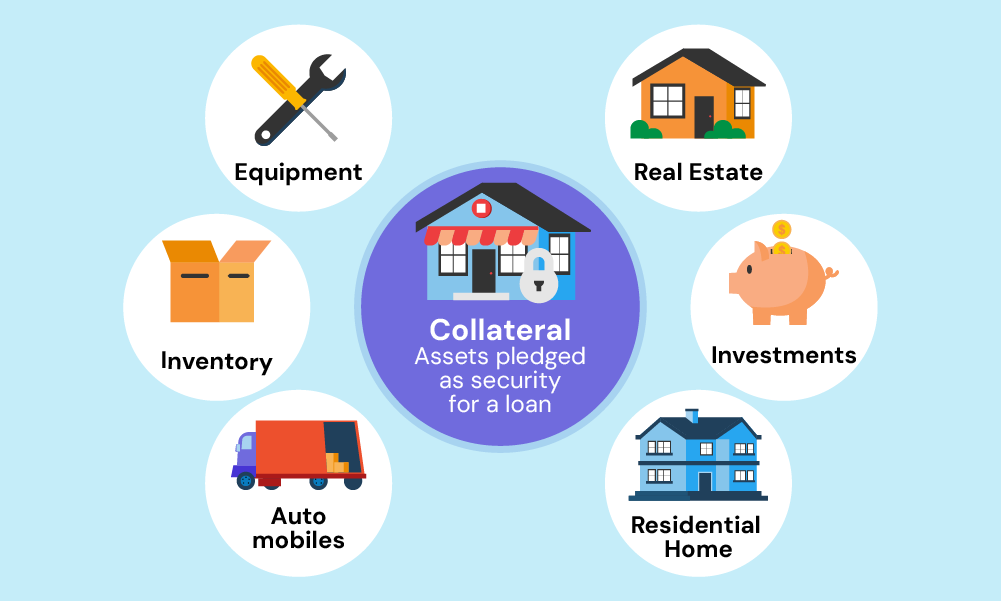
Steps To Apply for a 100% Commercial Mortgage
Let’s use an example to help you fully understand 100% commercial mortgage applications.
Suppose you’re the owner of a successful café, and you’ve spotted the perfect location for expansion priced at £500,000.
Here’s how you could secure a 100% commercial mortgage for it:
1. Understand What You Need
First, get clear on why you want this property and what it means for your business. This new location should have the potential to double your earnings.
During this, you must also understand what a 100% commercial mortgage entails. (Luckily, you’re reading this guide)
2. Gather Your Documentation
Once you’ve got a clear picture of what you need, you must show to lenders you’re good for the 100% funding.
You’ll need to compile evidence about your finances and identification.
Here’s what you must have:
- Financial Statements – Profit and loss accounts, balance sheets for the past 2-3 years.
- Business Plan – Detailed projections and strategies for future growth.
- Bank Statements – Personal and business statements from the last 6-12 months.
- Proof of Identity and Address – Valid ID (passport or driver’s licence) and utility bills or bank statements.
- Details about the Property – Information on the property you intend to buy.
- Collateral Information – If you’re providing additional security, details on these assets.
- Proof of Income – For self-employed individuals, additional proof of income may be required.
Different lenders have different requirements.
To ensure you get this right, you may reach out to your chosen lender or partner with a commercial mortgage broker to guide you in the process.
Though it’s not mandatory to speak with an advisor, it’s highly recommended. They can offer you personalised advice to help you understand the market. And assist you during your application to increase your chances of approval.
3. Application Submission
With your paperwork ready and your broker’s guidance, submit your application to the lender.
Given it’s for the full £500,000, your application must demonstrate strong business health and the value of your collateral.
4. Property Valuation
This process involves a professional appraiser who will confirm that the value of the property matches the loan amount.
During this process, you might be asked to pay a valuation fee ranging from £500 to £1,500. This amount depends on the property size and complexity.
5. Lender’s Assessment
Your lender will review your application.
They want to make sure you can afford to pay the monthly repayments. They will check on the risk involved with the full property value, your business’s financial stability and the collateral’s worth.
Once your lender approves your application, you’ll then receive an offer.
In this example, let’s say they offer you the £500,000 mortgage at a 6% interest rate over 25 years.
6. Legal Formalities
Next, you and the lender engage in legal formalities to finalise the mortgage.
This involves both parties’ legal teams and incurs fees, typically around £3,500, covering the legal work required to secure the mortgage.
7. Completion
Once the legal checks are completed, the mortgage deal is finalised. The deal concludes, and you’re ready to expand your business into the new space.
Here’s a quick overview of the costs:
| Description | Cost (£) |
|---|---|
| Property Price | 500,000 |
| Deposit (0% due to 100% commercial mortgage) | 0 |
| Mortgage Amount | 500,000 |
| Valuation Fee | 1,500 |
| Legal Fees | 3,500 |
| Monthly Repayment* | ~£3,220 |
This scenario is simplified to give you a clear picture of applying for a 100% commercial mortgage. Real-life conditions, rates, and fees may vary.
For the most accurate and tailored advice, speak with a commercial mortgage broker.
Reach out to us to get started. We’ll set up a free, no-obligation consultation with a commercial mortgage advisor to guide you in your journey.

What Interest Should I Expect?
Interest rates on 100% commercial mortgages are usually higher. This is because lending the full property value without a deposit is riskier for lenders.
If you borrow more, the risk to the lender increases, and so does your interest rate.
Interest rates can change a lot. They depend on how your business is doing, the kind of property you’re buying, your credit history, what’s happening in the economy, and the specific terms the lender offers.
Other Costs You Must Consider
When you get a 100% commercial mortgage, there are more costs than just the loan itself. Here are the fees you might face:
- Arrangement Fee – This is what the lender charges to set up your mortgage. Usually, it’s between 1% and 2% of what you’re borrowing. You might pay this upfront or add it to your loan.
- Valuation Fee – To check how much the property is worth, lenders charge a fee. It’s between £500 and £1,500, based on how big and complex the property is. You pay this early on.
- Legal Fees – You’ll pay a solicitor to handle the legal stuff. This could be anywhere from £500 to £5,000, depending on how complicated the purchase is. This cost comes upfront.
- Surveyor’s Fee – For a detailed check of the property’s condition, you might pay £400 to over £1,000. This is paid upfront and makes sure the property is in good shape.
- Booking Fee – Some lenders ask for this fee to secure your mortgage rate. It’s usually £100 to £250, also paid upfront.
- Early Repayment Charge – If you decide to pay off your mortgage early, there could be a fee. This varies a lot, so it’s best to ask your lender about it.
- Broker Fee – If you use a mortgage broker, they might charge you between £500 and £1,000. Sometimes, brokers get paid by the lender instead.
- Exit Fee – When you finish paying your mortgage or switch lenders, there’s often a fee of about £100 to £300.
It’s crucial to plan for these costs from the start. They can add up and impact your budget.
Are There Other Options Than 100% Commercial Mortgages?
While 100% commercial mortgages sound appealing because they cover the entire cost of a property, there are other financing options worth considering. This includes:
- Bridging Loans – These are short-term loans, usually used to ‘bridge’ the gap until longer-term financing can be arranged. They’re quick to set up but often come with higher interest rates. If you’re waiting on selling another property or securing a major business deal, a bridging loan might be a good option.
- Unsecured Business Loans – These loans are less risky options as they don’t require collateral. However, they usually offer lower amounts and have higher interest rates than secured loans. If you need a smaller amount of money quickly and have a strong credit rating, this could work for you.
- Part-Commercial Mortgages – These options require you to pay a deposit, usually between 20% and 40% of the property’s value, but they offer lower interest rates than 100% mortgages. This is a good middle ground if you can afford the deposit and want to reduce your interest payments over time.
Sometimes, a combination of these alternatives can be the best approach, depending on your goals and financial health.
The Bottom Line
Getting a 100% commercial lets you buy the full property value without a deposit. However, this type of loan comes with higher rates and a need for security. Add to this the risk of losing your property, if you fail to pay the mortgage.
So, you jump in, and ask yourself these three key questions:
- How much do I need to borrow?
- Can I afford the monthly repayments and additional fees without losing my collateral?
- Does the benefit outweigh the costs of getting this type of loan?
If you’re still unsure whether this is the right loan for you, talk to an expert.
Commercial mortgage brokers can guide you to the right answers. Aside from this, they can help simplify the process, compare options and find the best deal for your situation.
Looking for the right broker? Get in touch with us. We’ll match you with a commercial mortgage broker who can provide tailored assistance to your unique needs.
Get Matched With Your Dream Mortgage Advisor...

Frequently asked questions
Can I get a 100% commercial mortgage with bad credit?
It’s challenging but not impossible. Lenders will consider other factors like your business’s profitability and the value of your collateral. Working with a specialist broker can increase your chances.
Can I use a 100% commercial mortgage for property development?
Yes, some lenders offer 100% financing for development projects, but you’ll need to provide a strong business plan and possibly additional security. Development projects carry higher risks, so lenders will scrutinise your application closely.
Can I switch lenders after securing a 100% commercial mortgage?
Yes, you can refinance your mortgage with a different lender. However, consider any potential fees or penalties for leaving your current lender, and compare these costs against the benefits of refinancing.
Are there 100% buy to let mortgages available in the UK?
100% buy to let mortgages are extremely rates. Generally, buy-to-let mortgage lenders often ask at least 20-25% of the property’s price.
Some may require more. This depends on factors such as your letting experience, property type, and rental income potential.
Consider other options such as joint ventures or other secured loan types. To explore your options, it’s best to consult a mortgage broker specialising in property investments in the UK.

